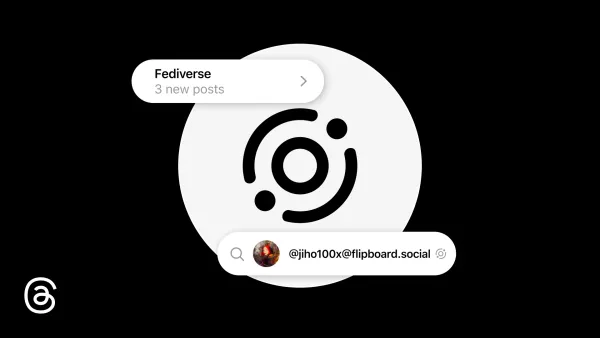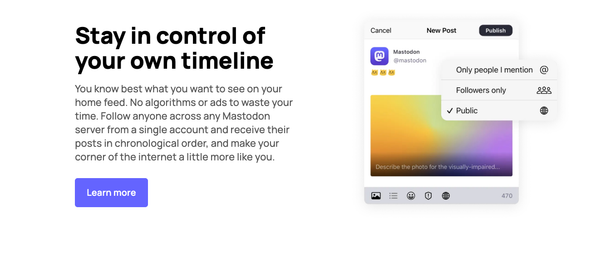On: Choosing How You React
Sometimes people like to conflate “choose how you react” with “ignore the problem” but that’s just not it

How you react and handle problems really defines a lot of who you are. If your reaction is to just wait for someone else to fix the problem for you, then you’re going to be disappointed in people a lot. If you react at 100% energy to every little thing, you’re going to burn yourself—and others—out.
There are a lot of times where I feel like there are people out there who act like, if you aren’t as mad about things as they are, then you don’t care, which is really frustrating thinking. This falls in line with those who have to react with the same level of anger and frustration to every little thing.
What I’m Getting At
I find that a lot of the time, people are very reactive to the symptoms of a problem and seem to think that, if you solve enough of the symptoms, the problem will go away, but that’s just not true. I find the more sustainable way to go is to not get bogged down by the symptoms and focus on the actual problems at hand.
Problems
There are people who act like this viewpoint is the same thing as ignoring the reality of the situation, but that’s just not true. People can be mad about something, but not let it bother them because it’s just part of a bigger problem. Like I said: getting worked up about every little detail is going to burn you out; tackle the big problems first and most of the smaller ones will fall away.
Getting mad at every little thing isn’t the only way you can show you care and, of the ways to show you care, is honestly the most superficial and least helpful. Yes, talking about issues and shedding light on them is important, but it’s less so when you’re just pointing out all of the symptoms of a bigger problem.
For Example
TW: Blood (I’ll have another quote when it’s done)
Think of it like this: if someone cuts themselves while cooking, you don’t get equally as worried about bleeding on the vegetables or the counter. You focus on stopping the bleeding and then there’s no more bleeding on the counter.
Counterexample
When I was a lifeguard we were taught to “handle the thing that will kill them first” and work your way from there. You can’t perform CPR on a person with a gaping wound. The whole point is to circulate blood throughout their system and, if you don’t take care of the bleeding, you’re pretty much just going to kill them faster by—well—squeezing them dry (for lack of a better term).
Okay I’m done talking about it now
Solving the Problem
So those two examples seem a little contradictory, which is sort of true. That’s the thing about—well—anything: it’s not a simple one-size-fits-all solution. You need to analyze the situation and understand what’s actually going to help. Emotional brinkmanship isn’t helpful, it’s going to wear you out and it’s going to wear out the people around you too. The reason the Trump administration is flooding the newsfeed with all of these orders is an attempt to weaponize that emotional brinkmanship—if they wear everyone out with the shock, then they’ll have a much easier time.
Closing Thoughts
Higher order thinking is key here: understand whether something is a symptom or a disease. Focus on handling the disease. Yes, you can work to alleviate the symptoms, but the symptoms aren’t the problem, they’re just manifestations of the problem. Don’t let your mental energy be taken up by those symptoms.
Thoughts? I’ll be over on Mastodon.




